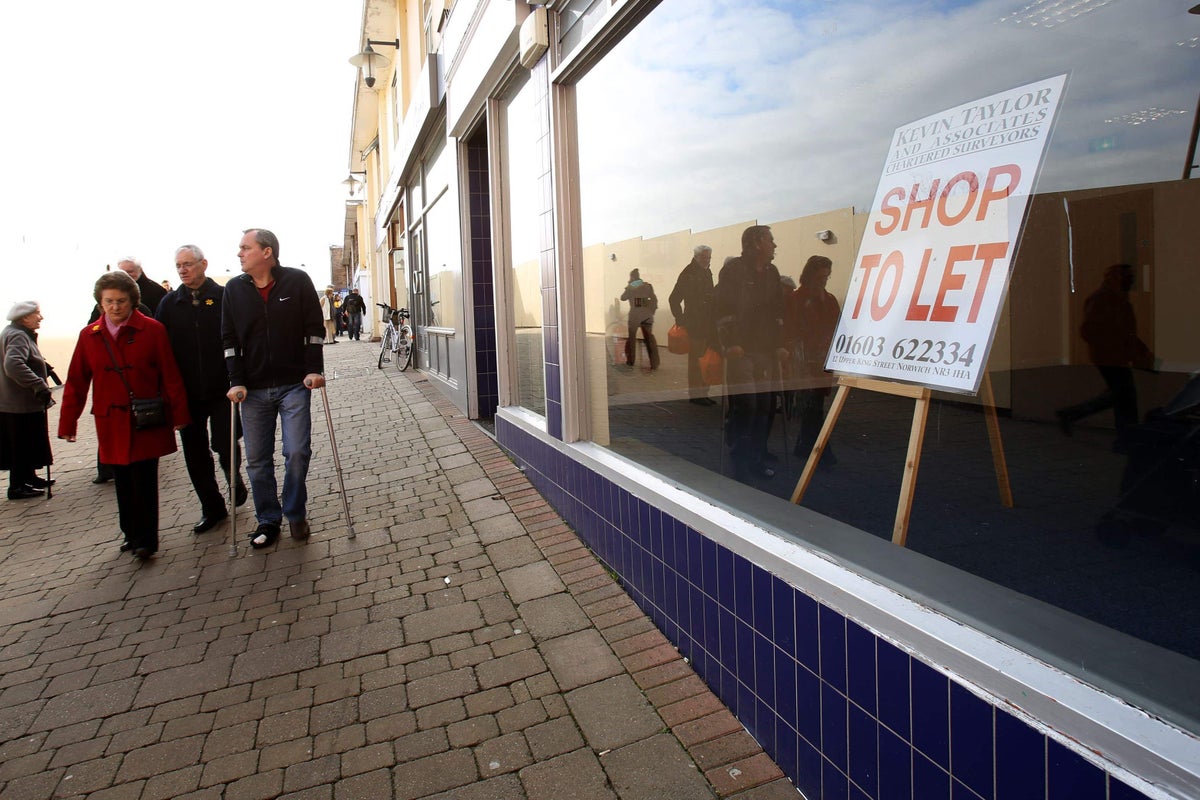Businesses in England are to face an “unavoidable double hit” to their property tax payments next year, which will see total payments surge by about £2.5 billion, according to new figures.
Analysis from global tax firm Ryan indicated that inflation and a government tax change will combine to drive up business rates bills further.
Business rates are the property taxes paid on commercial properties across the UK and particularly affects high street businesses. They are devolved in Scotland, Wales and Northern Ireland.
From April next year, a nationwide revaluation process will take place on business rates in England, linking payments to values in the property market from April 2024.
Revaluations of the tax are revenue neutral across the country, meaning that the overall tax take should not change, but that the size of bills will be distributed based on changing valuations in certain sectors and regions.
However, despite this revaluation, business rates yields will still rise in line with inflation from April.
The increase in business rates is typically based on the consumer price index (CPI) inflation measure for September.
Therefore, this year’s September reading will dictate how large an increase firms have next year.
The Bank of England said earlier this month that climbing food prices were pushing inflation higher and predicted that inflation would rise to 4% in September, above previous projections.
This would add £1.11 billion to the business rates burden in England, according to analysis by Ryan.
On top of this, from April 2026 the Government will introduce a supplementary multiplier of up to 10p on properties with a rateable value above £500,000, estimated to affect 17,000 properties nationwide.
This measure is designed to fund permanently reduced amounts for retail, hospitality and leisure premises.
However, experts said that, in practice, it will transfer the cost of about £1.38 billion of currently Government-funded discounts to larger ratepayers.
Alex Probyn, Ryan’s practice leader of property tax for Europe and Asia-Pacific, said: “The 2026 revaluation itself is a redistribution exercise, but when you layer on both inflation and the new supplementary multiplier, businesses are left staring down the barrel of an unavoidable double hit.
“Larger occupiers in particular will shoulder a disproportionate burden.
“With the UK already having the highest property taxes in the developed world, this £2.5 billion increase risks undermining the UK’s competitiveness at a critical time for the economy.”


